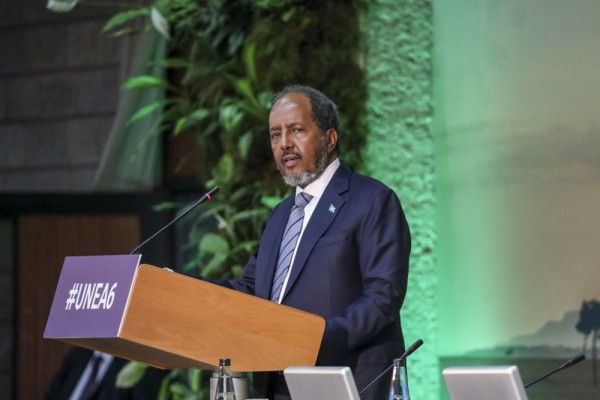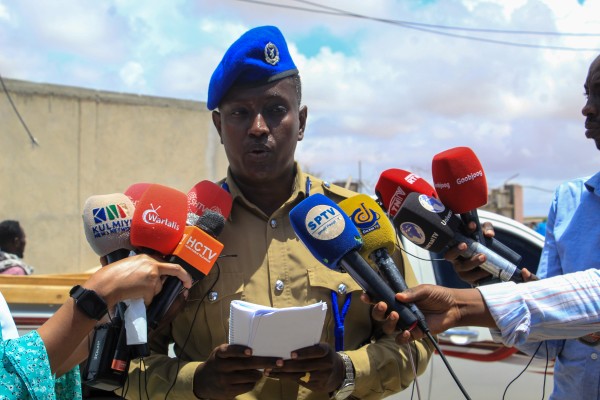On the eve of World Press Freedom Day, a radio reporter became the sixth Somali journalist to be killed in the last sixth months and the fifth in 2012 when he was assassinated by unknown gunmen in Galkayo, Puntland.
The International Press Institute (IPI) today vigorously condemned Wednesday’s attack on Farhan Jeemis Abdulle in Galkayo and urgently renewed its call for Somali authorities to stem the rising tide of violence against journalists in the conflict-stricken East African state.
“The apparent murder of Mr. Abdulle tragically underscores just how dire the situation for the media in Somalia has become,” IPI Executive Director Alison Bethel McKenzie said. “The killers of journalists are almost never brought to justice in Somalia, and that level of impunity is enabling such acts to be repeated with chilling regularity.”
Bethel McKenzie continued, “We extend our condolences to Mr. Abdulle’s family, friends and colleagues, and we urge Somali authorities in the strongest terms possible to pursue and hold accountable those responsible for his death.”
According to local news reports, Abdulle, a newscaster at Daljir radio and a reporter for SIMBA radio, was ambushed by an unknown number of gunmen while walking home after work through a neighbourhood on the west side of Galkayo. The journalist was shot four times in the back, and pronounced dead by doctors upon arrival at Galkayo General Hospital.
The National Union of Somali Journalists (NUSOJ) released a statement strongly condemning the attack. “It is very unfortunate incident happening again only to silence the journalists and incapacitate the freedom of expression,” Burhan Dahir, president of NUSOJ’s Supreme Council, said. “The criminals want to put pressure on the media and journalists and prove they are able to kill journalists.”
According to IPI’s Death Watch, Somalia is the second-most dangerous country for the media in 2012, trailing only war-torn Syria. All five deaths there this year have occurred under similar cirumstances, with the journalists being targeted near their homes or while walking home from the work in the evening. Three journalists were killed in Somalia in 2011, all between September and December.
In an interview with IPI last week, NUSOJ Secretary General Mohamed Ibrahim explained that violence against journalists in Somalia tends to spike during political transition periods. Noting that this year the country is attempting to move from a provisional government to a full government, he added: “We are worried that journalists will continue to be targeted.”
While no one has yet claimed responsibility for Abdulle’s killing, Ibrahim told IPI that al-Shabab, the fearsome militia group allied with al-Qaeda, remains a serious danger for the media. “Al-Shabab continues to threaten journalists who cover the news of the government,” he said. “They are angry because they are losing territory to the government and become even angrier when the media covers this.
Last month, as IPI reported, al-Shabab claimed responsibility for a suicide bombing at Mogadishu’s newly reopened National Theatre, killing two of the country’s top athletic officials and seriously wounding ten journalists.


